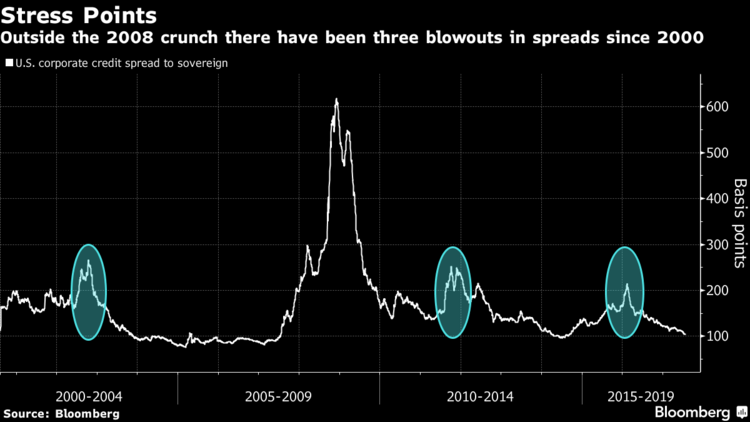• Bonds are currently the asset class most worrying investors. But -- after many failed calls for the end of the multi-decade bond bull market -- only a minority said they would be cutting back on their fixed-income holdings.
• Some cited the risk that inflation finally picks up, with labor markets tight in many major economies, and two said they would buy inflation protection as a portfolio adjustment.
• A common refrain was a preference for non-U.S. assets, particularly in equities given the run-up in American stocks and the earlier stage of economic recovery in Europe.
• The Fed could exit from its days of stimulus too fast, choking off the economic recovery and crimping profit growth.
• A few worried about the possibility for an inverted U.S. yield curve -- when short-term rates rise above long-term levels -- sometimes seen as a precursor to a recession.

So what would our intrepid investors likely be doing with their portfolios over the next 12 months? Reducing the amount of equities -- or adding them once the anticipated declines in stocks emerge -- were common responses. Here are some others:
• Trim U.S. stocks; buy Japanese equities; move more money into Europe and emerging-market shares.
• Two said to cut their commodities positions, one said to add commodities and a fourth plans to boost commodities after they weaken.
• Some aim to add cash. Maria Vassalou, a New York-based partner at Perella Weinberg Partners, said the key is to be "agile" because "the era of big directional bets is over."
For now the focus is on the U.S. central bank. Investors will be looking for clues from its policy statement on Wednesday on when the balance-sheet run-off will start. After a soft patch in the economy earlier this year, Fed officials have hung on to their forecast for inflation to inch back up to their 2 percent target -- a goal they’ve missed for most of the last five years.








